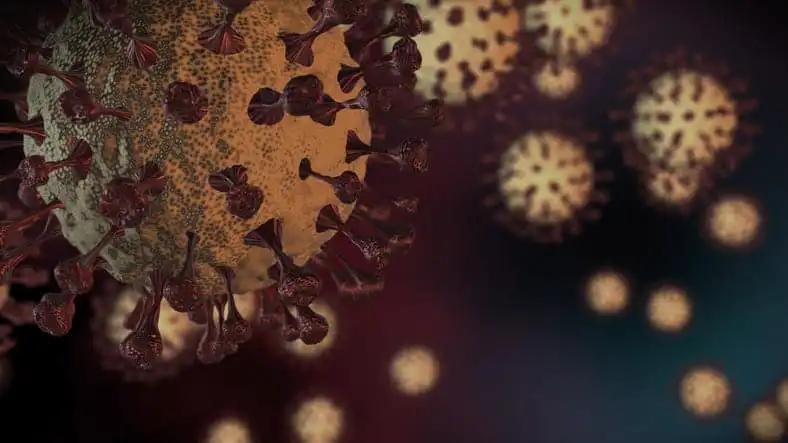KEY TAKEAWAYS
- The phase 2 study analyzed data from three Nordic mCRC patient cohorts (PRCRC, Uppsala Region, and RAXO).
- The study reported that the KRAS-G12S mutation was associated with reduced overall survival compared to some other KRAS mutations.
Over 40% of metastatic colorectal cancers (mCRC) have RAS mutations, primarily KRAS and NRAS. These mutations (mt) are negative predictive markers for anti-EGFR therapy. While therapy targeting KRAS-G12C has been approved for non-small cell lung cancer other (K)RAS inhibitors, like those for KRAS-G12D, are underway. This study aimed to understand the frequency, characteristics, treatment, and outcomes of various RAS mutations in mCRC within real-world and population-based contexts.
Data was combined from three Nordic mCRC patient cohorts (PRCRC, Uppsala Region, and RAXO). Mutation tests were routine, except in PRCRC. 2,510 patients were in the dataset, 1,820 of whom had clear KRAS, NRAS, and BRAF-V600E statuses. Characteristics and treatment results were analyzed using Chi-square. The overall survival (OS) was determined with the Kaplan-Meier method, while comparisons were made using log rank.
In the patient sample, 932 (51%) had KRAS mt alone, while 66 (4%) exhibited only NRAS mt. Within the KRAS mt category, the most prevalent was the mutation in codon 12, seen in 639 (69%) patients. This was followed by mutations in codons 13 (182 [20%]), 61 (45 [5%]), and 146 (45 [5%]). Predominant-specific KRAS mutations included G12D, G12V, and G13D, among others. For the NRAS mt, the most frequent was in codon 61 (34 [52%]), succeeded by mutations in codons 12 and 13. The top specific NRAS mutations were G12D, Q61K, and Q61R. Demographically and clinically, there was no significant variance based on age, gender, tumor grade, metastatic presentation, number and sites of metastases, health status, smoking habits, or mismatch repair condition between the KRAS and NRAS mt or within the KRAS mt variations. Primary tumors in the right colon were more prevalent in the KRAS mt (33%) compared to NRAS mt (14%). There was consistency in the treatment approach for both mutation types. However, patients with the KRAS-Q61H mutation tended to have fewer therapy lines in comparison to other KRAS mutations. Overall survival (OS) did not differ markedly between the two mutation types, averaging 22 and 26 months for KRAS and NRAS mt, respectively. Among the KRAS mutations, the G12S variant had a notably lower OS, while others, such as A146T and G12V, showed higher median survival durations.
Within this clinically representative patient cohort, no distinct variations in patient demographics or therapeutic approaches across different RAS mutations were observed. However, there was a notable predominance of right-colon primary tumors in those with KRAS mutations compared to those with NRAS mutations. Patients harboring the KRAS-G12S mutation demonstrated a reduced OS in contrast to certain other KRAS mutations, though other OS differences were not discernible. This suggests a homogeneity in clinical behavior across various RAS mutations. Therapies targeting specific (K)RAS mutations are under investigation, with the anticipation of enhancing patient outcomes.
Source: https://www.annalsofoncology.org/article/S0923-7534(23)00191-6/fulltext
Clinical Trial: https://classic.clinicaltrials.gov/ct2/show/NCT01531595
Osterlund, E., Ristimäki, A., Kytölä, S., Heervä, E., Uutela, A., Muhonen, T., Halonen, P., Kallio, R., Soveri, L., Sundström, J., Ålgars, A., Ristamäki, R., Sorbye, H., Pfeiffer, P., Nunes, L., Salminen, T., Lamminmäki, A., Mäkinen, M., Sjöblom, T., Isoniemi, H., Glimelius, B., Osterlund, P. PD-22 RAS-MUTATIONS IN POPULATION-BASED AND REAL-LIFE METASTATIC COLORECTAL CANCER COHORTS. https://doi.org/10.1016/j.annonc.2023.04.049



